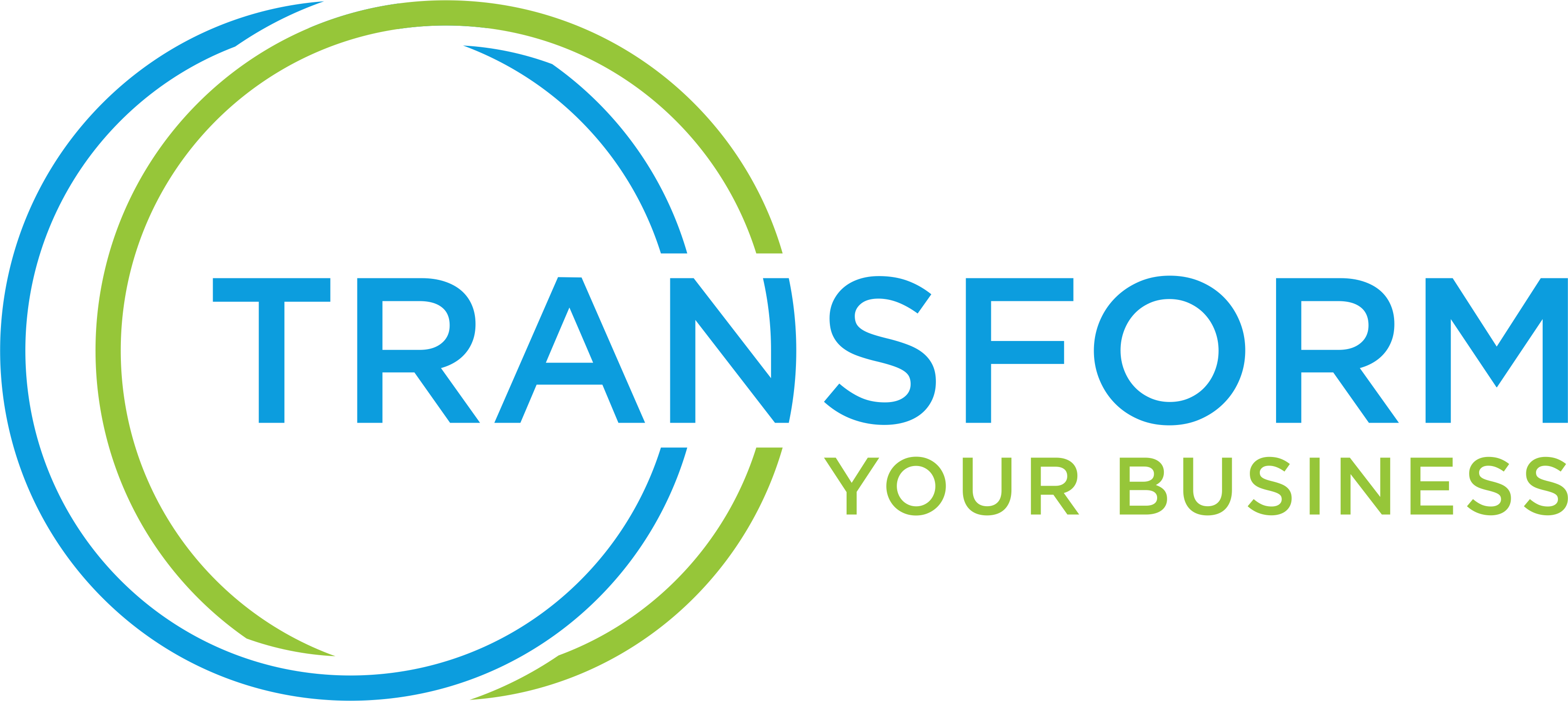In today’s digital age, small and medium-sized enterprises (SMEs) in the manufacturing sector are increasingly becoming targets for cybercriminals. The reasons are clear: SMEs often possess valuable data, are sometimes under-protected, and typically lack the extensive cybersecurity expertise of larger corporations. With the average cost of a data breach in 2022 reaching $4.35 million, according to IBM, the stakes are high. For manufacturing SMEs, the need for robust cybersecurity measures has never been more critical. Here are seven vital lessons to help protect your business from cyber threats.
1. Understand That No One Is Immune
Many SMEs operate under the misconception that cybercriminals only target large corporations. However, SMEs are often seen as low-hanging fruit by hackers due to their perceived weaker defenses. Manufacturing SMEs are particularly attractive targets because they handle sensitive data such as intellectual property, supplier information, and customer details. Recognizing that your business is at risk is the first step toward implementing effective cybersecurity measures.
2. Implement Strong Password Policies
One of the most common cybersecurity threats comes from weak or reused passwords. Employees often use the same password across multiple accounts, both personal and professional. This practice makes your company vulnerable to credential stuffing attacks, where a single compromised password can provide access to various systems. To mitigate this risk, enforce complex password policies, require regular password changes, and encourage the use of password managers across your organization.
3. Invest in Employee Training
Your employees can either be your greatest defense or your weakest link when it comes to cybersecurity. Many data breaches occur due to simple human errors, such as falling for phishing scams or mishandling sensitive information. Regular training sessions on cybersecurity best practices, recognizing phishing attempts, and proper data handling can significantly reduce the risk of an accidental breach. Moreover, fostering a culture of security awareness helps ensure that everyone in the company understands the importance of protecting sensitive data.
4. Leverage Multi-Factor Authentication (MFA)
Multi-Factor Authentication (MFA) adds an extra layer of security by requiring users to provide two or more verification factors to gain access to a system. This can include something they know (like a password), something they have (like a smartphone), or something they are (like a fingerprint). Implementing MFA can significantly reduce the chances of unauthorized access, even if a password is compromised. For manufacturing SMEs, where access to production systems and sensitive data is critical, MFA is an essential tool in your cybersecurity arsenal.
5. Secure Remote Access
With the rise of remote work, ensuring secure remote access to your company’s systems is crucial. Remote access points are prime targets for cyberattacks if not properly secured. Use Virtual Private Networks (VPNs) to create a secure connection between remote workers and your internal network. Additionally, ensure that all remote access software is regularly updated and that access is logged and monitored to detect any suspicious activity.
6. Conduct Regular Security Audits
Cybersecurity is not a one-time task but an ongoing process that requires regular attention. Conducting regular security audits helps identify vulnerabilities in your systems before cybercriminals can exploit them. These audits should include reviewing access controls, updating software, and testing your incident response plan. By staying proactive, you can address potential threats and continuously improve your cybersecurity posture.
7. Implement Data Loss Prevention (DLP) Tools
Data loss can occur through various means, including accidental deletion, insider threats, or cyberattacks. Implementing Data Loss Prevention (DLP) tools helps monitor and protect sensitive data from being lost, accessed, or shared inappropriately. DLP tools can identify and block risky data transfers, ensuring that confidential information stays within your organization. For manufacturing SMEs, where protecting intellectual property and customer data is paramount, DLP is a crucial component of a comprehensive cybersecurity strategy.
In an era where a single cybersecurity breach can have devastating financial and reputational consequences, manufacturing SMEs must take cybersecurity seriously. By understanding the risks, implementing strong security measures, and continuously educating your employees, you can protect your business from cyber threats and ensure long-term success.
Related Blogs:
5 Key Insights On Transforming Your SMB With AI Powered Hardware – tybsolutions.com
5 Strategies for SMBs to Manage Costs in 2024 – tybsolutions.com

